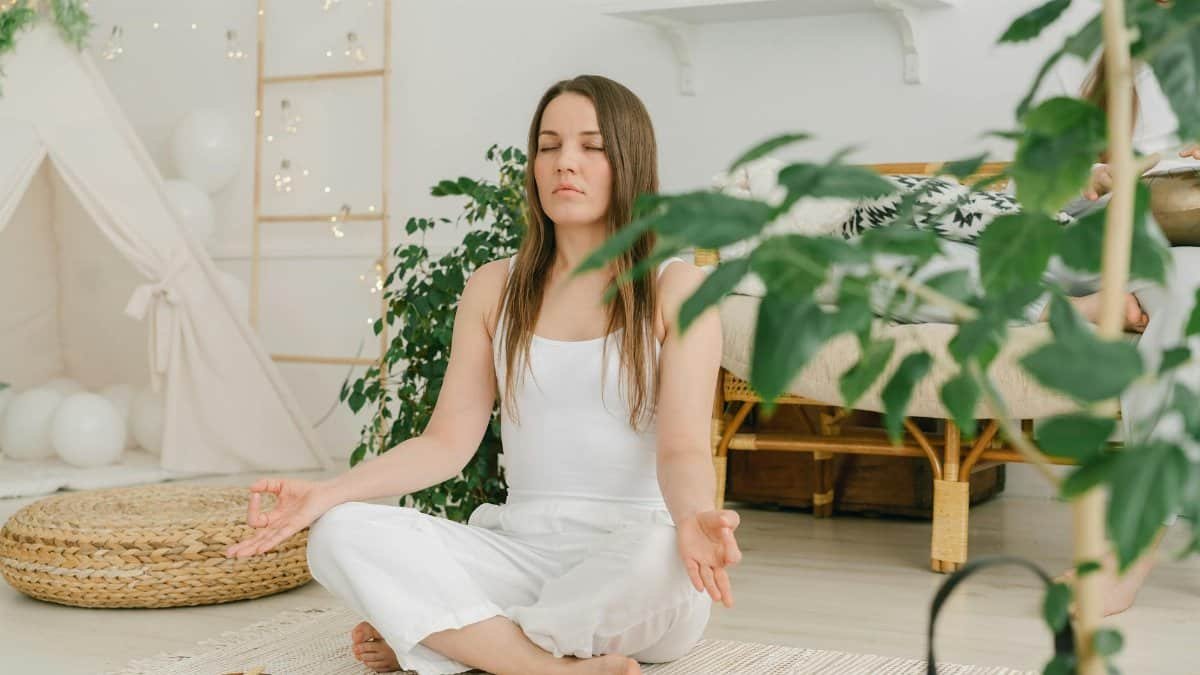A recent study from the National Institutes of Health revealed that nearly 18% of American adults now practice some form of meditation, up from just 4% two decades ago. This surge reflects a broader quest for calm amid the chaos of daily life. In bustling cities like New York or Los Angeles, apps and classes promise quick relief from stress. But what happens when people actually commit? They often report subtle yet profound shifts. Meditation isn’t just a trend. It’s reshaping how individuals navigate emotions, health, and relationships. As more turn to it in 2025, understanding these changes can illuminate its real power.
Calming the Storm of Stress

Stress seems woven into the fabric of American life. Commutes drag on. Deadlines loom. Yet, beginners in meditation frequently describe a noticeable easing of this burden. One woman, after just a few weeks of daily sessions, shared how her constant worry about work faded. “It was like turning down the volume on a blaring radio,” she said. This isn’t mere anecdote. Research backs it up. A study from Harvard Medical School found that mindfulness meditation reduces cortisol levels, the hormone tied to stress. Participants showed measurable drops after eight weeks.
Imagine sitting in traffic, heart racing from a heated email. Instead of spiraling, a quick breathing exercise shifts the focus. Such moments build resilience. Over time, the body learns to respond differently. It’s not magic. It’s rewiring. For many, this change arrives quietly, like dawn breaking. They notice fewer headaches or that nagging tension in their shoulders loosening. In a nation where burnout affects millions, this relief stands out.
Of course, not everyone experiences it immediately. Some push through initial frustration. But persistence pays off. As one online account described anonymously, the first attempts felt futile, but soon, “the fog lifted, and I could breathe again.” This echoes findings from broader surveys.
Unlocking Better Sleep

Nights of tossing and turning plague countless Americans. Smartphones glow. Thoughts race. Enter meditation, often hailed as a natural sleep aid. New practitioners report falling asleep faster and waking refreshed. A guided session before bed quiets the mind’s chatter.
Consider the data. The National Center for Biotechnology Information published research showing meditation improves sleep quality in insomniacs. In one trial, participants practicing mindfulness slept an extra hour per night on average.
It’s more than statistics. Picture a parent juggling kids and a job, finally dozing off without replaying the day’s mishaps. These stories surface in conversations across the U.S. The change fosters patience during the day. Sleep isn’t just rest. It’s restoration. Yet, building the habit takes effort. Some start with five minutes, gradually extending. The reward? Mornings feel less like a battle.
This ties into broader health trends. With sleep disorders on the rise, meditation offers a low-cost alternative to pills.
Mastering Emotional Waves

Emotions can surge like ocean tides, overwhelming without warning. Meditation teaches riders to surf them. Beginners often notice a newfound ability to pause before reacting. Anger fizzles quicker. Sadness feels manageable.
A compelling example comes from a study at the University of Wisconsin-Madison. Researchers tracked brain activity in meditators, finding enhanced emotional regulation after consistent practice. The amygdala, that fear center, calms down.
Dive into a real-life shift. A man in his forties, starting meditation amid a divorce, found he could observe his grief without drowning in it. “It gave me space,” he reflected. Such transformations ripple outward. At work, conflicts resolve smoother. At home, empathy grows.
Not all journeys are linear. Doubts creep in. Why sit still when life demands action? But sticking with it reveals patterns. Emotions become signals, not dictators. In 2025, as mental health conversations evolve, this skill proves invaluable.
Sharpening Focus in a Distracted World
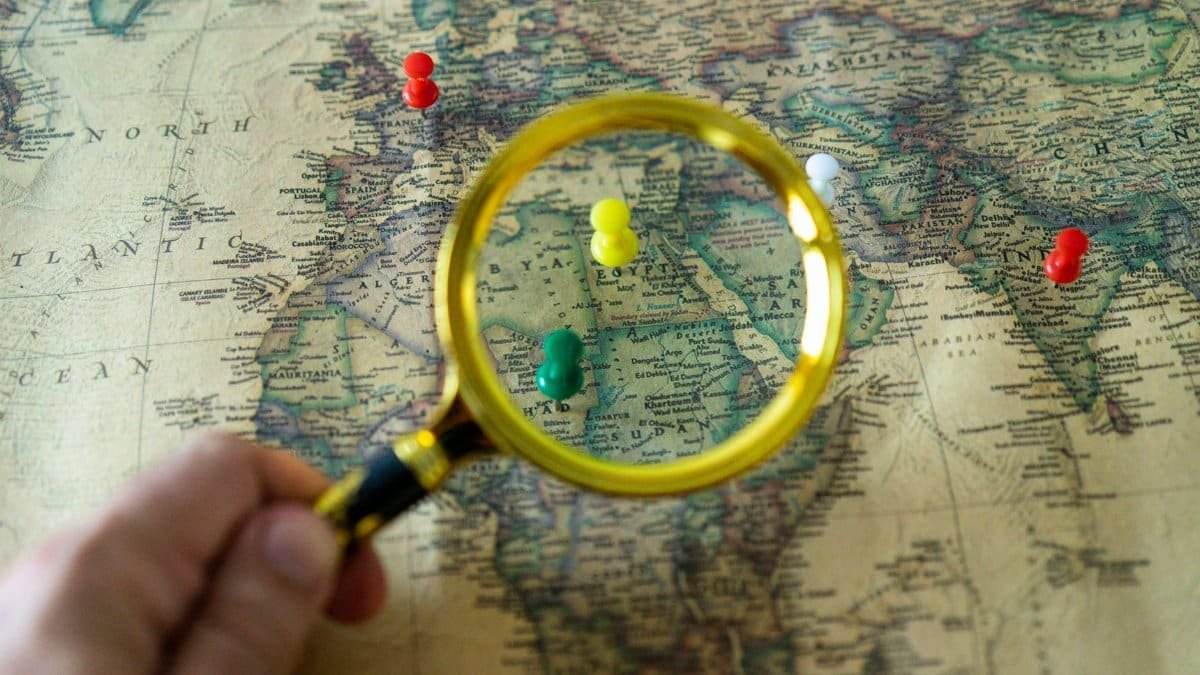
Distractions bombard us. Notifications ping. Multitasking reigns. Yet, meditation hones concentration like a blade. People new to it report staying on task longer, minds wandering less.
Evidence abounds. A report from the American Psychological Association highlights how mindfulness training boosts attention spans. In experiments, meditators outperformed non-meditators on focus tests.
Think of a student buried in assignments. After incorporating short meditations, deadlines feel achievable. Or a professional sifting through emails, now prioritizing with ease. These aren’t isolated wins. They compound, leading to productivity leaps.
Challenges arise, though. The mind rebels, jumping to groceries or grudges. Gentle redirection is key. Over weeks, the fog clears. Focus becomes a muscle, strengthened daily.
Boosting Physical Well-Being

Meditation’s reach extends beyond the mind. Bodies respond too. Lower blood pressure. Reduced inflammation. Beginners often feel more energized, aches diminishing.
A landmark study by the National Institutes of Health linked mindfulness to pain relief in chronic sufferers. Participants reported less discomfort after regular sessions.
Envision someone with back pain from desk work. Meditation eases the tension, promoting better posture and movement. It’s holistic. Immune function improves, colds hit less hard.
Skeptics question the science. But mounting research, including from Johns Hopkins, affirms these benefits. Physical changes mirror mental ones, creating a virtuous cycle.
Strengthening Bonds with Others
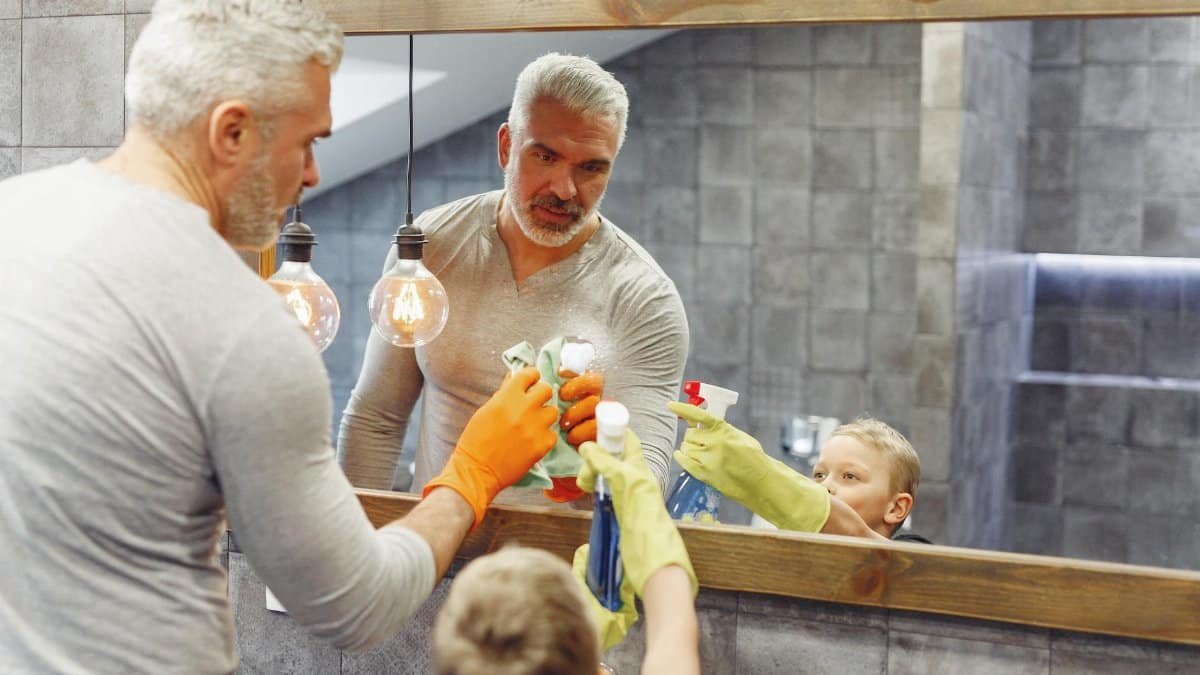
Relationships thrive on presence. Meditation fosters it. New practitioners notice deeper connections, listening more intently.
One anonymous online reflection captured this: “I stopped interrupting my partner, really hearing them for the first time.” Such shifts mend frayed ties.
Studies support it. Research from UC Berkeley’s Greater Good Science Center shows mindfulness enhances empathy and reduces relational stress.
It’s not always smooth. Old habits die hard. But meditation encourages compassion, starting with self. Families report fewer arguments. Friendships deepen. In a divided society, this matters.
Cultivating Self-Awareness
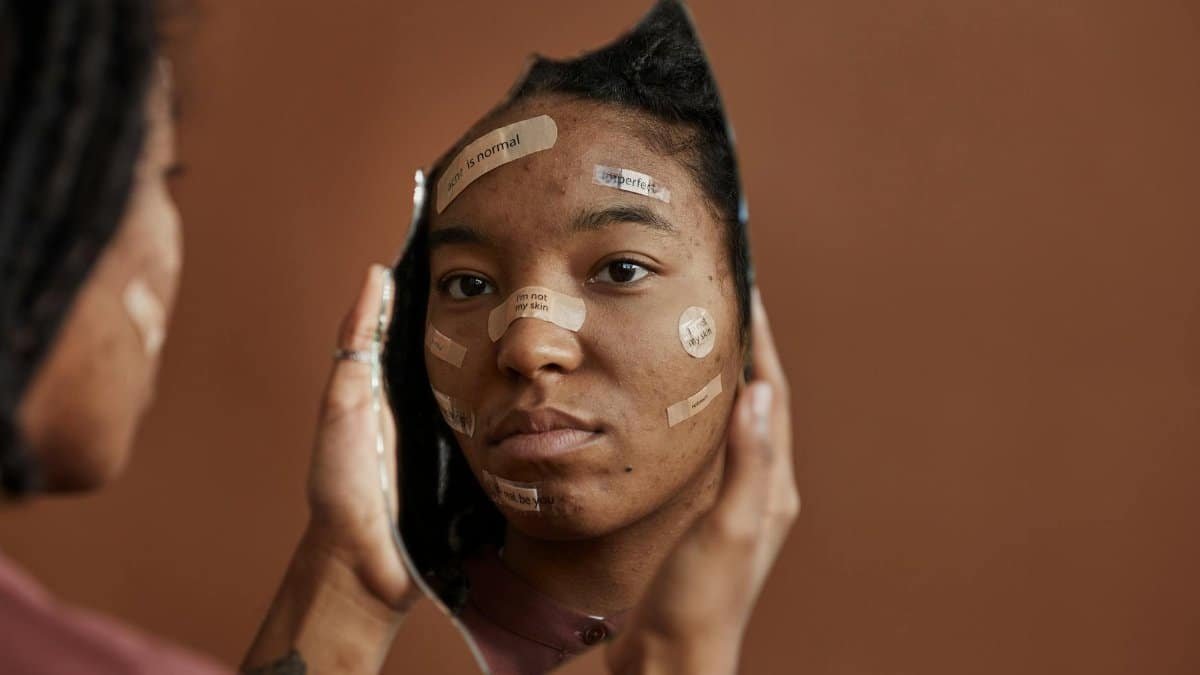
Who am I, really? Meditation peels back layers. Beginners uncover hidden motivations, breaking unhelpful patterns.
A young professional, meditating amid career doubts, realized ambition masked insecurity. Clarity followed.
Data from Pew Research indicates rising interest in self-improvement practices like meditation among millennials and Gen Z.
This awareness sparks growth. Decisions align with values. Confidence builds. Yet, revelations can unsettle. Facing shadows takes courage. The process, though, liberates.
Finding Inner Peace Amid Chaos
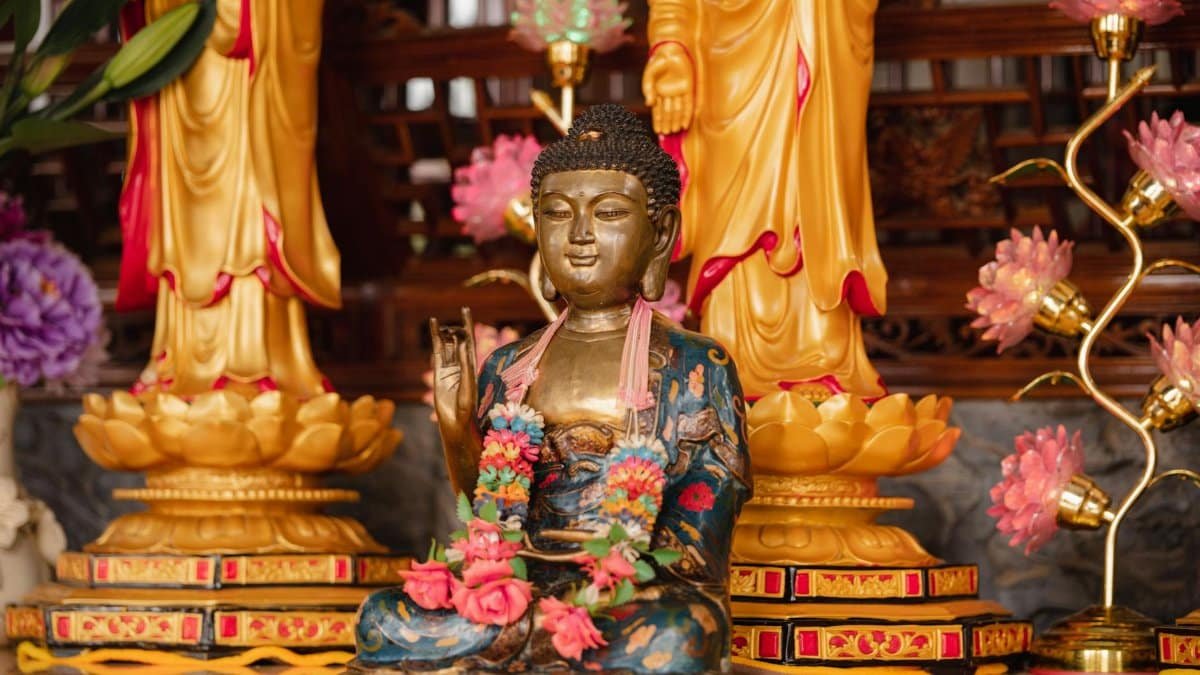
Peace isn’t absence of noise. It’s an inner quiet. Meditation delivers it, even in turmoil.
Practitioners describe a core calm, untouched by external storms. One veteran of urban life called it “an anchor in the frenzy.”
Long-term studies, like those from the Mayo Clinic, link meditation to sustained well-being.
In 2025’s uncertainties, this peace sustains. It doesn’t erase problems. It equips us to face them.
Navigating Initial Hurdles

Starting meditation isn’t effortless. Minds race. Doubts surge. Many quit early.
Yet, overcoming these builds momentum. Tips include short sessions and apps. Persistence reveals the changes.
Communities help. Online forums buzz with encouragement, anonymously shared.
Embracing Long-Term Evolution

Over months, meditation reshapes lives. Habits form. Perspectives shift.
From stress relief to profound insights, the journey unfolds. It’s personal, yet universal. As more Americans embrace it, society feels the ripple.
